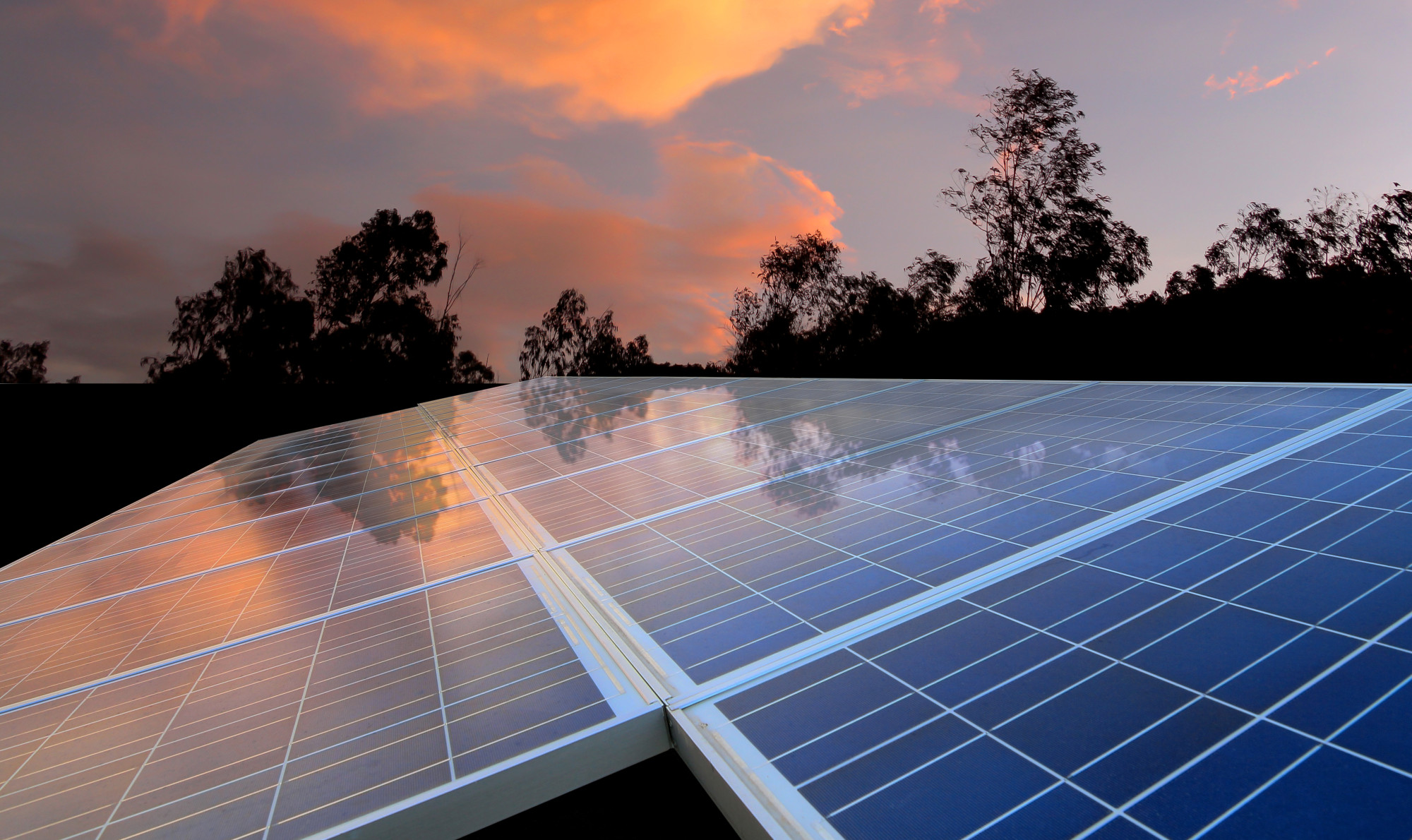Since 2014 the cost of solar energy has dropped in the USA by 70%.
With many people and businesses turning to more renewable energy sources, now could be the best time to invest in solar power.
If you have been wondering how do solar panels work and would like to learn about solar technology, then read our short guide to find out more.
How Do Solar Panels Work?
Solar panels use photovoltaic cells to absorb the sunlight and generate direct current energy (DC). They then use inverter technology to transform the DC into an alternating current (AC) which is usable within our modern homes.
Once converted, the electrical panel in your house processes the electrical current and distributes it throughout the property. Any excess power that is not used in your home can be fed back into the electrical grid.
Different Types of Solar Panels
There are three different types of solar panels, all of which have their advantages and disadvantages. However, at their core, they work under the same processes.
A standard solar module, another name for a solar panel, is made from a silicon cell layer. These cells are encased in metal and covered with glass with thin electrical wiring to allow the current to pass out of the module.
Silicon has the unique property of being able to absorb sunlight and convert it into electricity. It is also a conductive material that allows the electric current to pass through the cell into the wiring.
In scientific terms, particles of light known as photons hit the silicon panels. They then knock free some of the electrons that are circling atoms in the material. These free electrons generate the electrical current, which the panels can transform into energy for your home.
The whole process is known as the photovoltaic effect, which French physicist Edmond Becquerel first discovered in 1839. It is this effect that allows solar panels to work and produce electricity.
The Benefits of Solar Energy
One of the benefits of having solar panels on your home is that you can often resell this excess energy to your local supplier. You will need to check with your local governing body to see what schemes are on offer.
One of the great benefits of solar energy is that the sun is a fantastic renewable energy source. It will never run out for another 5 billion years at least, so it is an endless supply of energy.
Solar energy also works during cloudy days as well as full sunshine. In fact, solar panels work better when they are not baking in direct sunlight as they are electronic. Like all electronic devices, they work a little less efficiently when they are very hot.
Buying solar panels could be one of the most environmentally and cost-saving choices you make for your home. If you live in the Atlanta area and wonder about solar companies near me, you should check out Blue Raven Solar.
Solar Energy Could Be Our Future
Hopefully, this short guide has given you a better understanding of how do solar panels work. With our natural gas and oil supplies dwindling globally, now could be the best time to start investing in renewable energies.
Solar energy will outlast all of us and many generations to come, so it really is an investment in our future.
If you found this article useful, why not check out some more interesting blogs on our site.
